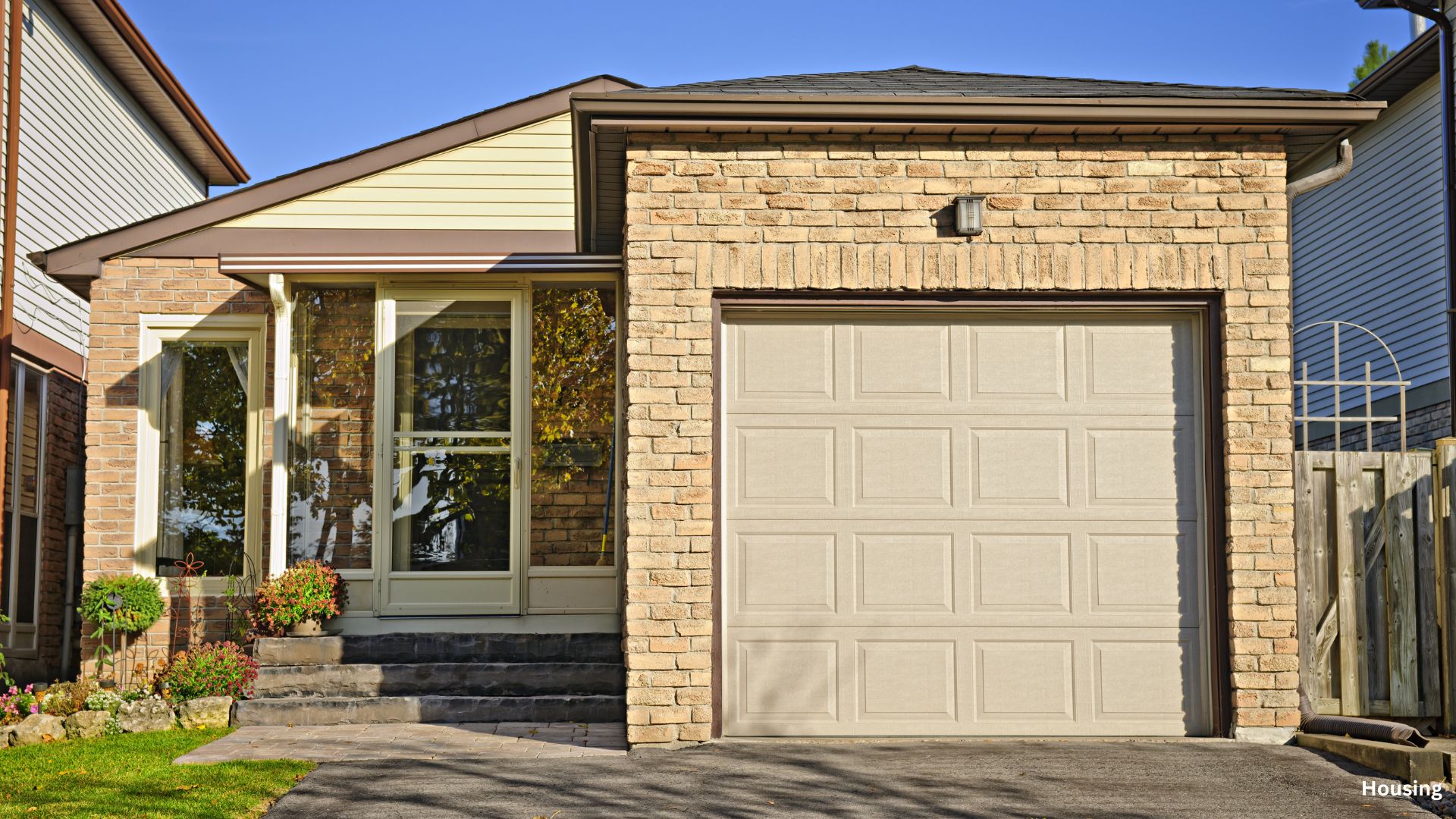The starter home income requirement is a crucial factor for first-time homebuyers navigating today’s housing market. With rising home prices and fluctuating mortgage rates, understanding how much income is needed to afford a starter home can be challenging. In this article, we’ll break down the current income requirements for a typical U.S. starter home, based on recent market data, and discuss what this means for buyers in 2024.

Understanding the Starter Home Income Requirement
As of August 2024, the starter home income requirement stands at $76,995 per year, according to a recent analysis by Redfin. This figure represents a slight 0.4% decline from the previous year, marking the first time since 2020 that the income needed to afford a starter home has decreased. This decrease is primarily due to falling mortgage rates, which dropped from 7.07% in 2023 to 6.08% in 2024, offsetting rising home prices.
The typical U.S. household earns around $84,000 annually, which is 9% more than the income required to afford a median-priced starter home. However, despite this improvement, starter homes remain significantly less affordable than they were before the pandemic. In 2019, the typical household earned 57% more than they needed to afford a starter home, while in 2012, households earned more than double the required amount.

Why the Starter Home Income Requirement Is Still a Challenge
Although the starter home income requirement has slightly decreased, today’s housing market presents unique challenges for first-time buyers. Starter homes, which were once affordable, turnkey properties, are now often small fixer-uppers or condos. As Redfin’s Senior Economist Elijah de la Campa noted, “The American Dream is changing; for many, it no longer involves a house with a white picket fence.”
Moreover, many buyers face additional financial burdens like student loans, which further complicate the homebuying process. While a household earning the median income might theoretically afford a starter home, other expenses often prevent potential buyers from entering the market. Redfin’s report highlights that starter-home buyers today are skewing older than previous generations, as younger buyers struggle with debt and rising costs.

Regional Variations in the Starter Home Income Requirement
The starter home income requirement can vary widely depending on the region. In high-cost areas like Anaheim, California, buyers need an annual income of $217,300 to afford the median-priced starter home, while in more affordable cities like Detroit, Michigan, the income requirement is as low as $23,963. Cities like Austin, Texas, and West Palm Beach, Florida, have seen significant decreases in the income needed to afford a starter home, thanks to declining home prices.
In contrast, midwestern cities like Chicago, Detroit, and Cincinnati have experienced some of the steepest increases in income requirements. For example, Detroit’s income requirement surged by 14.5% year-over-year, largely driven by a 22.8% increase in home prices. These regional disparities highlight the importance of understanding local markets when evaluating your ability to afford a starter home.

What the Future Holds for Starter Home Affordability
While the starter home income requirement has slightly improved in 2024, the outlook for continued affordability improvements is uncertain. The Federal Reserve’s recent interest rate cuts may not lead to significant further reductions in mortgage rates, and home prices are expected to continue rising over time. Buyers who are waiting for better affordability may face higher home prices and larger down payments in the future.
For those planning to buy a starter home, now may be the time to act. Although prices have decreased in some regions, waiting too long could result in missed opportunities. Understanding the starter home income requirement and keeping an eye on market trends are essential steps for making informed homebuying decisions.
The starter home income requirement for 2024 offers some relief to homebuyers, but the market remains challenging. With falling mortgage rates helping to offset rising home prices, buyers need to carefully consider their financial situation and market conditions before making a move. As affordability remains a critical issue, staying informed about income requirements and regional market trends will be key for first-time buyers navigating the housing market.








